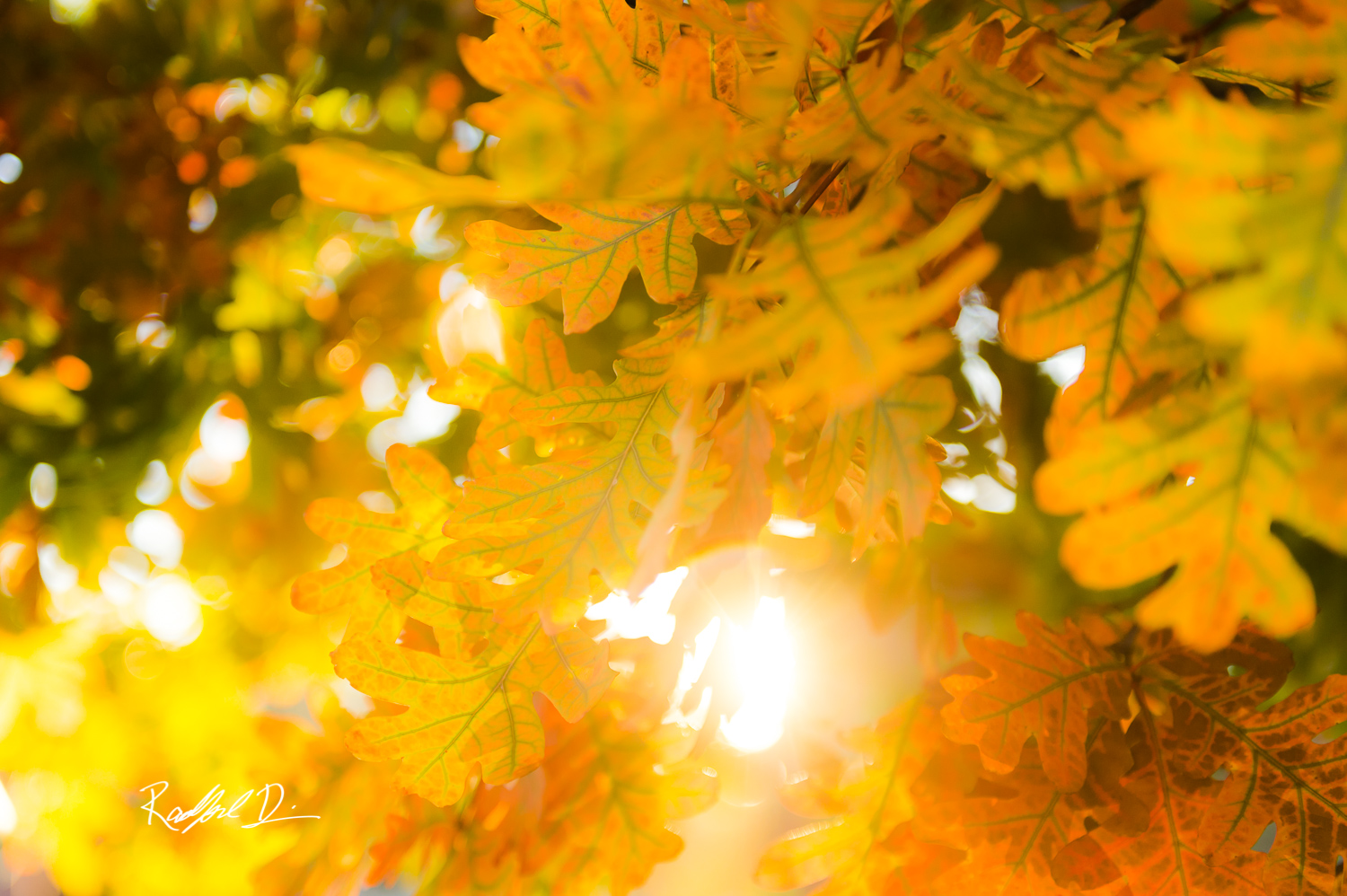October 2022
Grief and Letting Go with the Seasons
10/20/2022

Taking a leaf from Nature’s book.
As the seasons change, the days get shorter, and we move into winter in the Northern hemisphere, our thoughts may turn inward as well. This is a natural time to think of loved ones who have passed on, leaving us with feelings of grief.
In the natural cycles of life, we can look outdoors and see the plants preparing themselves for winter. Perennial plants die back, leaving strong roots in the ground to wait out the winter; others leave behind wondrous varieties of seeds that will lay dormant through the winter, waiting for spring to germinate and bring new life.
Nature is composting. Saying goodbye to the active growth of the summer and replenishing the soil in preparation for spring’s new sprouts. The animals change their behaviors as well, preparing for the challenges of winter. Some hibernate, some stockpile nuts and seeds, and some migrate to warmer territories with plans to return when the spring brings new bounty.
As we humans prepare for the coming season, the natural world right outside our door is a constant reminder that change is inevitable. Endings make way for new beginnings, whether we are ready to face them or not. The beauty (one of many) of autumn and winter is the quiet space it creates that allows us to go ahead and feel that sense of loss. We honor our loved ones by expressing that grief.
There is no grief without first feeling love. And in times of deep grief, it can be hard to imagine feeling any other way. Nature can serve as a reminder that there is a time for dying, grief, sadness, and introspection, and at some time in the future it will be possible to step out of that grief and feel other emotions as well. We will continue to cycle back to that grief, but we are not meant to stay there. We know that change is inevitable, and our loved ones knew it too.
Missing those who have passed on can be especially hard with the celebrations that come in wintertime. Something to remember is that for our ancestors in cultures throughout the world, many of these celebrations were a way of bringing light and love into the cold darkness of deep winter. Taking moments during these times to remember and honor loved ones who are no longer with us keeps them in our hearts, helps with the healing process, and gives us permission to move on through the natural cycle.
Not only do we live through these cycles with the seasons, but also throughout our lifetimes, and with each day as the sun brings new life in the morning and sets into quiet darkness in the evening. Our personal journeys are all different, and grief does not have a timeline. One thing we do share is the ever-changing cycles of nature waiting for us to poke our heads outside once again.
For more on the Cycles of Nature, click here.
Finding Nature in Medicine
10/13/2022
As an herbalist who focuses on learning individual plants from a Western traditional and scientific perspective, the wholistic connection can sometimes be lost. Modern “Western” medicine uses science to sift out minute details of chemical composition, pharmacology, and physiology, which are fascinating and important, but it often loses the bigger picture of the body functioning together as a whole, let alone functioning within the greater world and the outside influences that affect us physically, mentally and perhaps also spiritually.
Chinese, Ayurvedic, and other cultural traditions of medicine have built-in nature connection in the metaphors and descriptions they use through describing the elements and seasonal differences in plant and animal characteristics that inform treatment choices. Historically, the often mocked humoral theory of Western tradition is also based on the elements and nature. Our society, in its rush to innovate and discover new ideas, has left behind many of the vital lessons that nature shares with us daily.
What can modern medical practitioners do to discover those relationships to seasonal changes and the differences throughout the year? How can Western practitioners find that Zen, that peace, that flow? The cycles of nature, right outside our door, welcome us into this living metaphor. I have used this model in teaching self-care, wellness, and herbalism. It reminds us that nature is a part of everything we do, a part of who we are, and a partner on our healing journey.
Click here to explore more about Self-Care Through the Cycles of Nature
Chinese, Ayurvedic, and other cultural traditions of medicine have built-in nature connection in the metaphors and descriptions they use through describing the elements and seasonal differences in plant and animal characteristics that inform treatment choices. Historically, the often mocked humoral theory of Western tradition is also based on the elements and nature. Our society, in its rush to innovate and discover new ideas, has left behind many of the vital lessons that nature shares with us daily.
What can modern medical practitioners do to discover those relationships to seasonal changes and the differences throughout the year? How can Western practitioners find that Zen, that peace, that flow? The cycles of nature, right outside our door, welcome us into this living metaphor. I have used this model in teaching self-care, wellness, and herbalism. It reminds us that nature is a part of everything we do, a part of who we are, and a partner on our healing journey.
Click here to explore more about Self-Care Through the Cycles of Nature

